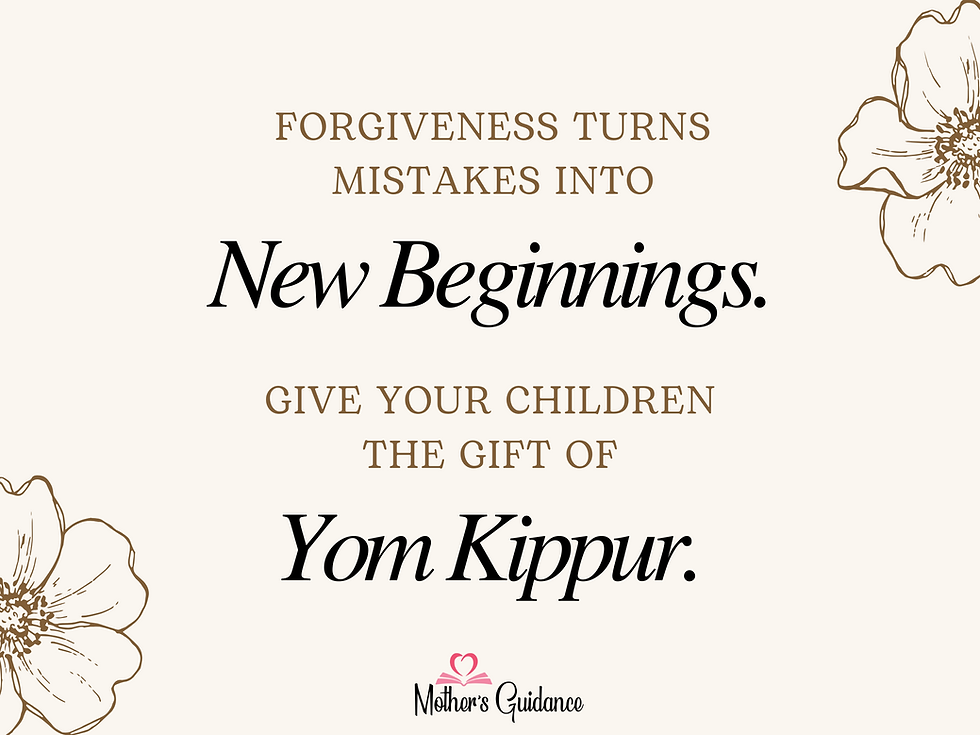The Journey and The Destination
- Jun 27, 2023
- 3 min read
The last section of the book of Numbers is known in Hebrew as Masei – journeys. It recounts the 42 journeys that the children of Israel took in the desert over the course of 40 years. Interestingly, the Torah doesn’t just give us a list of the places they went, but for each one we’re told, “And they traveled from (place A),” and “and they camped in (place B).” The next sentence says, “And they traveled from (place B),” followed by “and they camped at (place C).” There seems to be a lot of redundant information here. Why do we need to be told not only the name of each campsite but also about each journey between camps?
The recounting of each of the 42 sites evoked a memory of something that had happened there, an important step on the nation’s journey. But we also need to know that it isn’t only the points in time when things happen that are important. The journeys and processes that get us there also count.
It is easy for us to feel fulfilled and good about a positive accomplishment or depressed by a negative action, but those actions, good and bad, didn’t happen in a vacuum. There was a journey that led up to them, and that journey in and of itself is important. For example, if at the end of the day we snap at our kids, that’s the action, the point in time that something happened. But what was the process? It might have involved us skipping meals that day, worrying about something or other, trying to do too much in too short a time… There was a journey that led to us losing our patience. It also works in a positive direction. When we smile at our kids and have patience for them at the end of the day, it is because of the day’s journey we went on, the decisions we made that led us on a path to a happy outcome.
Each campsite is important; something momentous happened there. But each journey was equally important. There are times that we forget to connect the dots between our journeys and our destinations and also between our kids’ journeys and their destinations. I’d like to share an example with you that happened in my home yesterday.
One of my children spent much of the day bored. She wasn’t interested in doing anything I suggested, and she asked me if she could have time on the computer. I knew that screen time would stifle creativity and leave her feeling even more disgruntled and unfulfilled so I said no. That was the journey. I allowed her to feel bored, to wander the house picking up books and putting them down, picking up a drawing pad, sketching for a bit and then putting it down, and I tolerated a fair bit of whining in the middle too. Guess what? About 4:00 in the afternoon, she took ownership of her day. She went for a bike ride, decided to write a play that required a lot of research, and got her cousins and siblings excited about putting on her play for Shabbat. When she went to bed last night she felt that she had had a wonderful day. Her destination was joyous and fulfilled, but it was because of the journey she went through.
Sometimes we forget that boredom can be a good thing, a journey inwards to creativity. Sometimes we forget that the processes are important in determining what the end product will be.
In child-raising, we don’t just click a button and get a resilient, healthy, happy child. It’s an outcome of all the decisions we make along the way. It is about the type of journey we are traveling as well as the one we allow our children to travel.




Comments